Paris negotiators seek global climate deal

For two weeks until December 11, delegates from almost 200 countries will meet for a Paris climate summit (COP21) to seek agreement on how to limit global warming. For the Swiss, a key goal is to avoid a rift between industrialised and developing countries.
After decades of complex negotiations, organisers see the Paris talks as the best chance in years to galvanize the world around a solution. Bruno Oberle, who heads the Swiss Federal Office for the Environment, is sounding confident.
“For the first time there is ample consensus for a change of course,” he says. “The great powers, including China and the US, recognise too that there is a need to act.”
What’s on the agenda?
The 21st Conference of the Parties (COP21External link) will have two main topics: reduction of greenhouse gas emissions, and support for climate-friendly policies in developing countries. The goal is to keep the planet’s average temperature to no more than 2 ºC above that of the pre-industrial era, although there has already been an almost 1 ºC rise since then. If this level is exceeded, the consequences will be disastrous, according to the Intergovernmental Panel on Climate Change (IPCCExternal link), the United Nations’ group of experts.
Conference organisers hope to reach a binding and universal agreement in Paris to replace the 1997 Kyoto Protocol. It was added to the landmark 1992 Earth Summit in Rio, where the world first agreed to accept voluntary controls on greenhouse gases. The Kyoto accord, which expired at the end of 2012, was a global agreement that ordered cuts in carbon emissions by several dozen industrialised nations.
Why is this conference important?
The concentration of CO2 in the atmosphere has topped 400 ppm (parts per million), the highest it has been since records were kept. The first decade of the new century has been the warmest in the past 10,000 years, according to the IPCC, and 2015 should set a new record.
There is a need to act fast, because the global carbon budget (the quantity of CO2 that can be emitted if the nations of the world want to keep below the two-degree limit) is being used up. “Two thirds have already gone. At the present rate, we will have used it up in 25 years”, says Oberle. The longer we wait, warns the UN, the harder and more costly it will be to get fossil fuel emissions under control.
Who will be at COP21?
This time, all the signatories of the UN Framework Convention on Climate Change (UNFCCCExternal link), 195 countries plus the European Union, will be present in Paris. Apart from some 4,000 negotiators, about 100 heads of state and government, including US President Barack Obama and China’s President Xi Jinping, are expected in the French capital. Switzerland will be represented by President Simonetta Sommaruga and Environment Minister Doris Leuthard.
The discussions will take place in groups and subgroups, each with its particular objectives. Switzerland chairs the “Environmental Integrity Group”, including Liechtenstein, Mexico, Monaco and South Korea. This is a small but heterogeneous group that may have an important role to play, says Oberle. “It is the only one that includes both industrialised countries and countries in transition. If we can find a compromise in this group, there are chances it could mean the start of a worldwide compromise.”
What has been achieved already?
To prepare the ground for the Paris conference, the UFCCC member states were called upon to present their “intended nationally determined contributions” (INDCExternal link) to the reduction of emissions for the post-2020 period. More than 160 countries – representing over 90% of both global emissions and world population – have submitted plans on what they are willing to do. In February, Switzerland was the first to announce its goals: a reduction of 50% by 2030 (compared to 1990) and 70-85% by 2050.
However, the proposals currently on the table are not enough to reach the goal of 2 ºC, say independent researchers with Climate Action TrackerExternal link, who are forecasting a rise of 2.7 ºC.
What are the issues?
Opinions diverge markedly when it comes to apportioning the historic responsibility for global warming – and sharing the burden. Countries with emerging economies say this responsibility rests mainly with the industrialised countries. For the latter group, however, the distinction between haves and have-nots is no longer justified.
This is the position being taken by Switzerland, which will insist on all countries periodically committing to goals for reduction of emissions, in accordance with their ability and capacity. For Oberle, “the distinction between industrialised countries and developing countries, which would include states like China, South Korea and Singapore, needs to be eliminated.” Currently, he notes, some 61% of emissions are generated by emergent and developing countries.
Another thorny issue is funding environmental projects in the less developed countries. In Copenhagen, the industrialised countries pledged to make available $100 billion (CHF103 billion) a year by 2020 – but fell short on that goal.
For the Swiss official, all countries that are able to should support those in difficulty. “It is a matter of solidarity,” he says, and he is hoping for an enlargement of the donor group (Switzerland is participating to the tune of CHF100 million for the period 2015-2017).
Success this time – or another failure?
What the outcome of the Paris conference will be is anybody’s guess, especially the world’s attention has been diverted to another pressing threat – that of international terrorism – just ahead of COP21.
Nations will defend their own interests. US Secretary of State John Kerry already caused a certain amount of dismay when he announced that there will be no treaty in Paris that legally requires cuts in carbon emissions. French President François Hollande quickly reacted, saying that for him there must be “a binding agreement, or none at all.”
Whatever the outcome, the world isn’t going to solve the problem of climate change in two weeks. But the Paris summit could lead the way.
The global average surface temperature in 2015 is likely to be the warmest on record and could reach the symbolic milestone of 1° Celsius above the pre-industrial era, according to a World Meteorological Organization (WMO) report on November 25. The Geneva-based group blames a combination of a strong El Niño and human-induced global warming.
A preliminary estimate based on data from January to October shows that the global average surface temperature for 2015 so far was around 0.73 °C above the 1961-1990 average of 14.0 °C and approximately 1° C above the pre-industrial 1880-1899 period. A rise in temperatures of more than 2° Celsius would result in catastrophe for the planet, the IPCC has already warned.
The years 2011-2015 have been the warmest five-year period on record, with many extreme weather events – especially heatwaves – influenced by climate change, according to WMO analysis.
“This is all bad news for the planet. “Greenhouse gas emissions, which are causing climate change, can be controlled. We have the knowledge and the tools to act. We have a choice. Future generations will not,” stated WMO Secretary-General Michel Jarraud.
“Added to that, we are witnessing a powerful El Niño event, which is still gaining in strength. This is influencing weather patterns in many parts of the world and fueled an exceptionally warm October. The overall warming impact of this El Niño is expected to continue into 2016.”
Translated from Italian by Terence MacNamee

In compliance with the JTI standards
More: SWI swissinfo.ch certified by the Journalism Trust Initiative
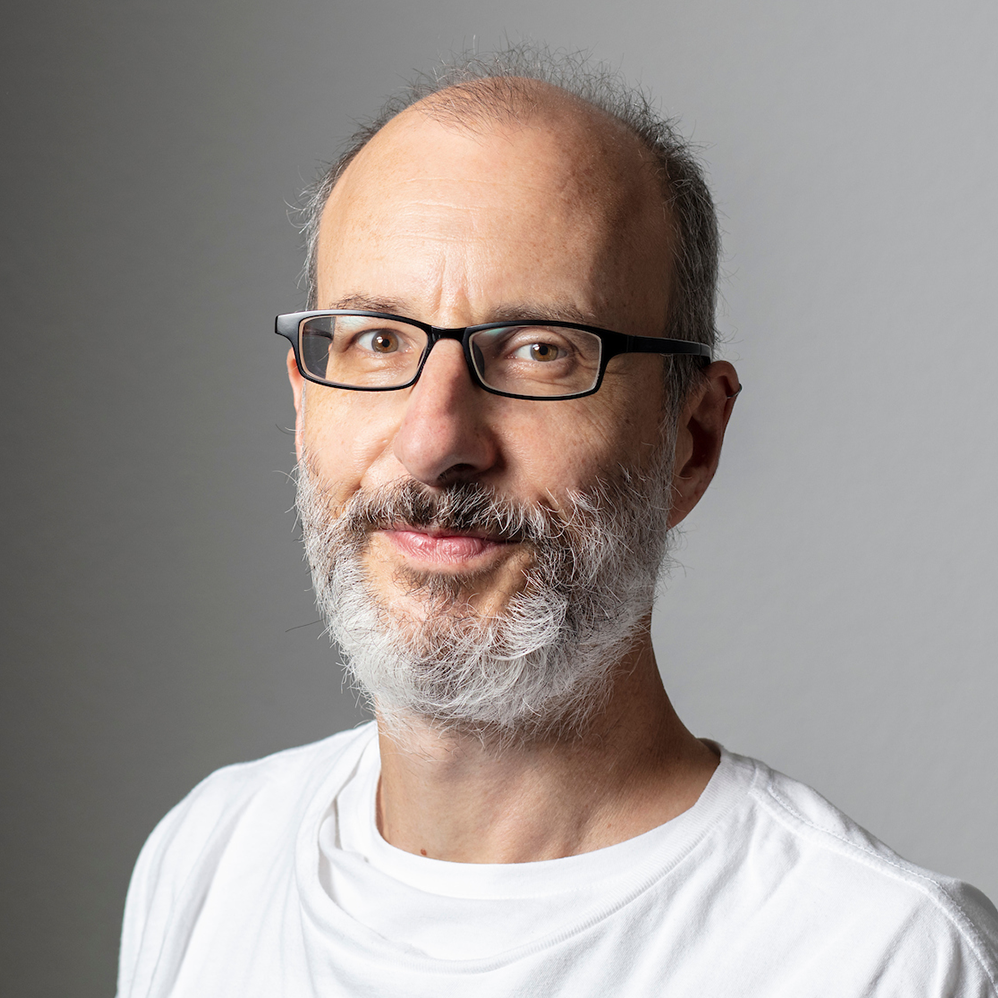
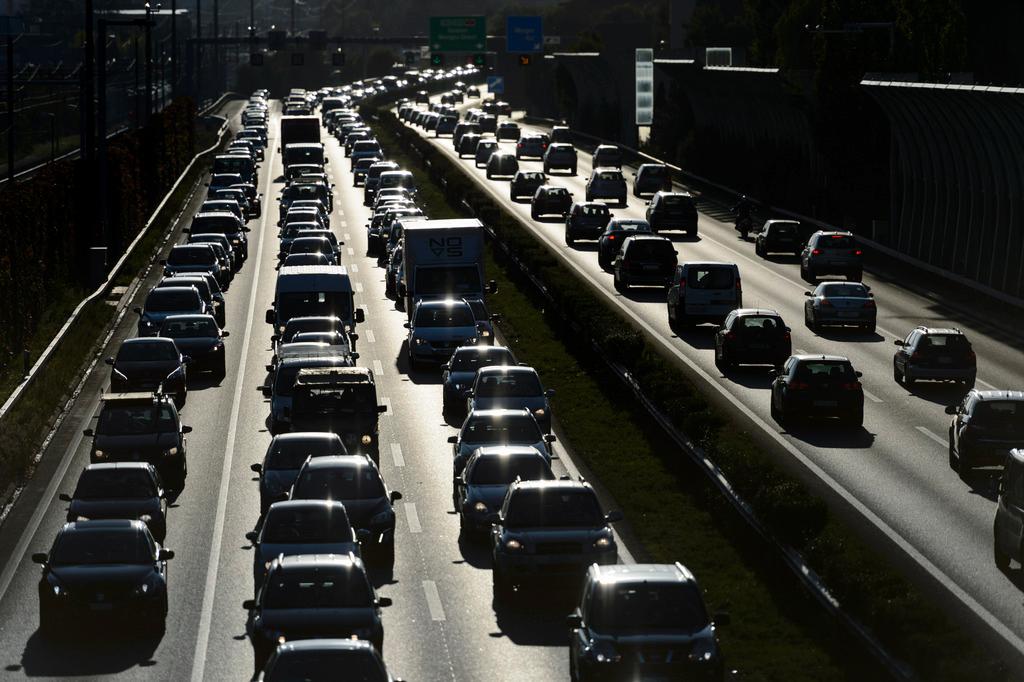
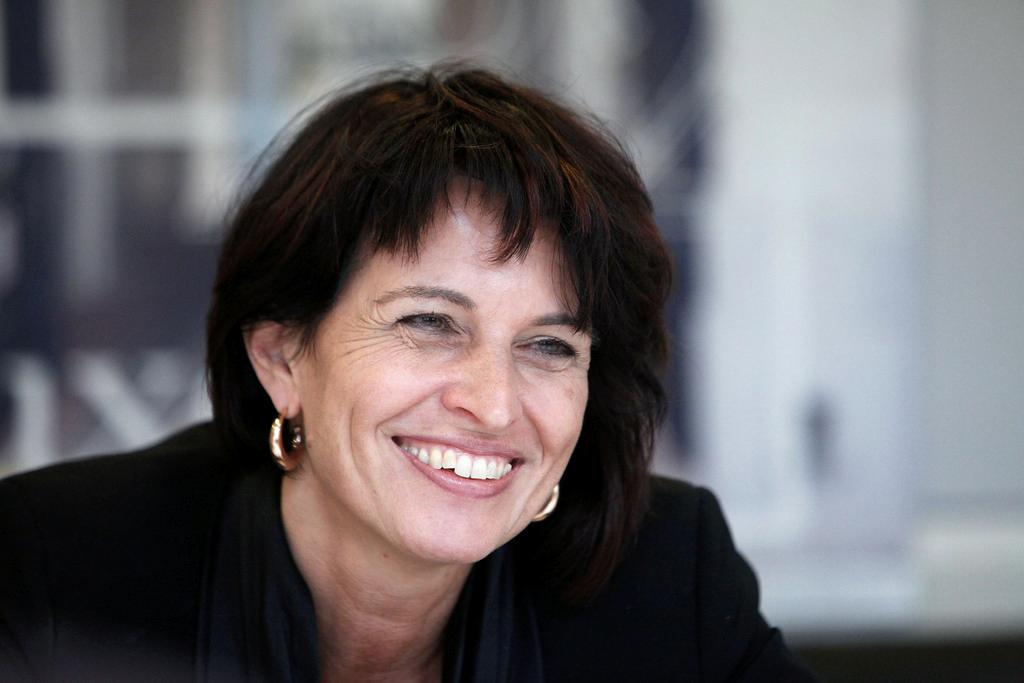
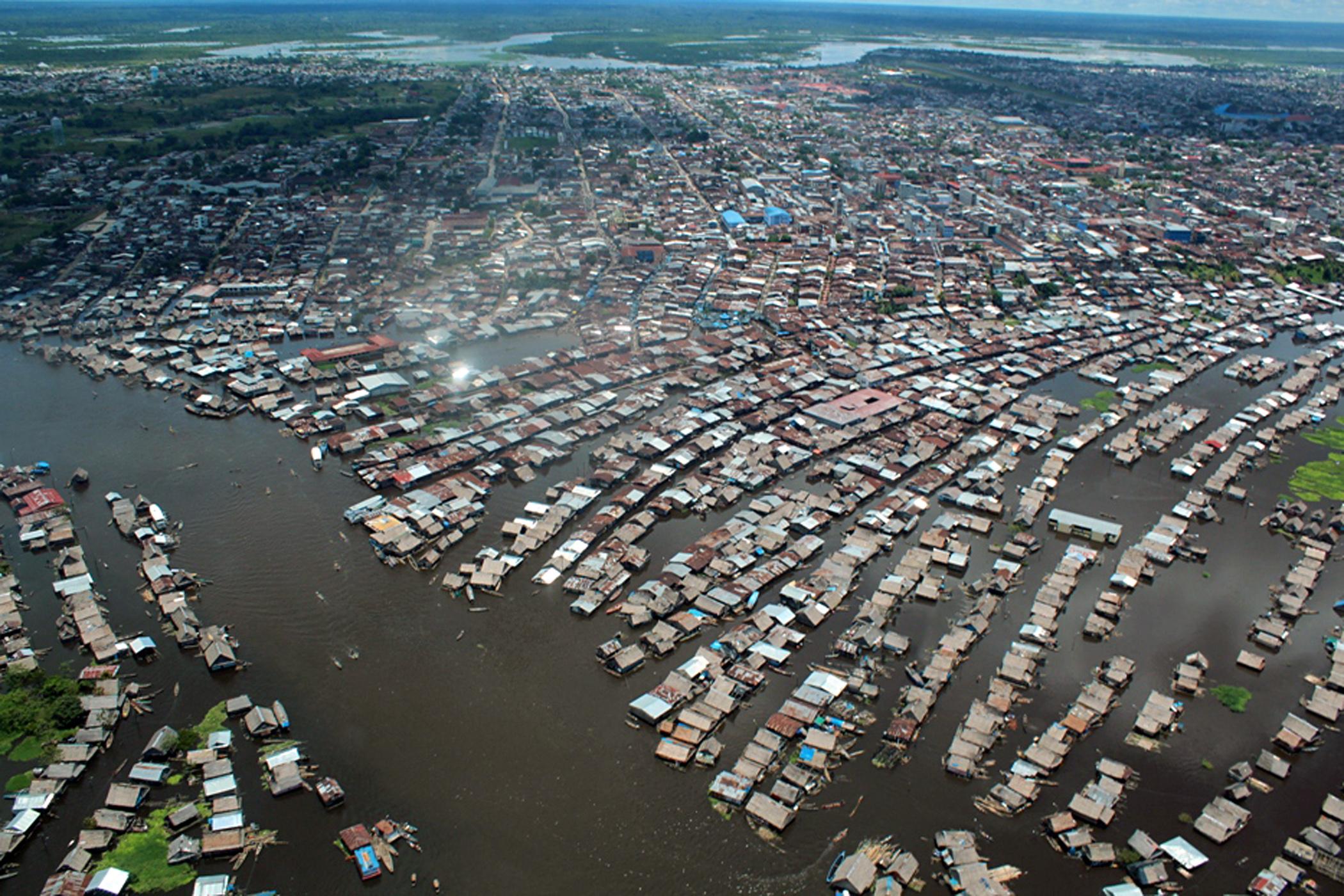
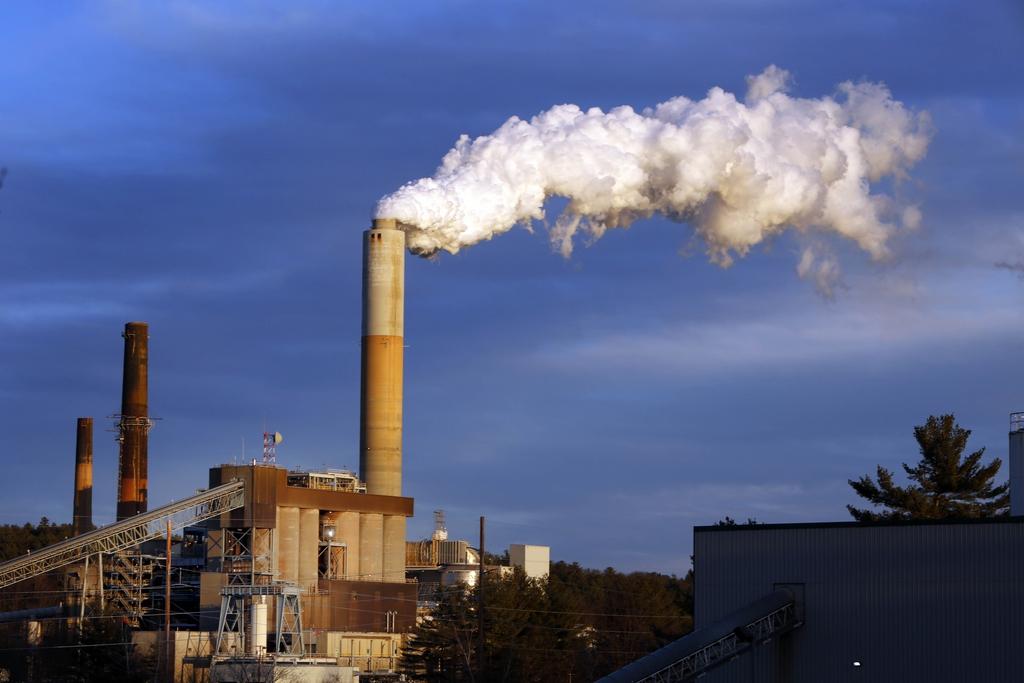
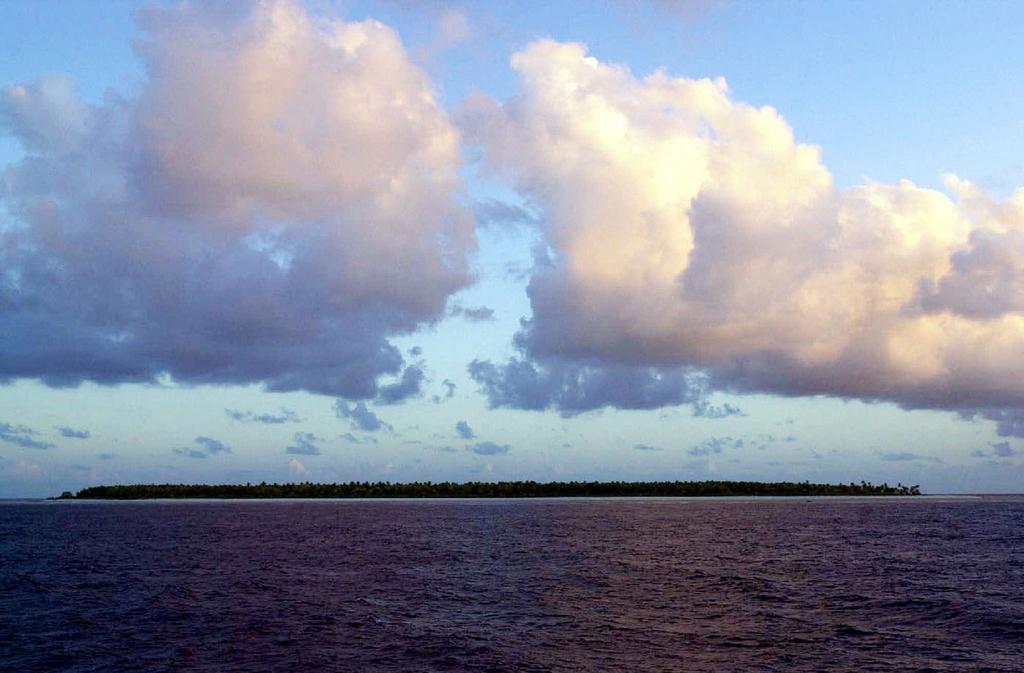
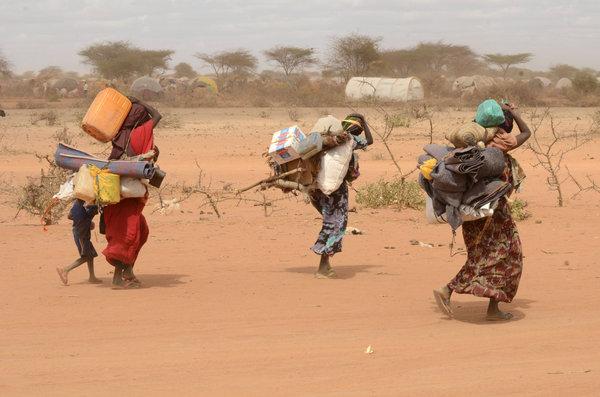
You can find an overview of ongoing debates with our journalists here. Please join us!
If you want to start a conversation about a topic raised in this article or want to report factual errors, email us at english@swissinfo.ch.